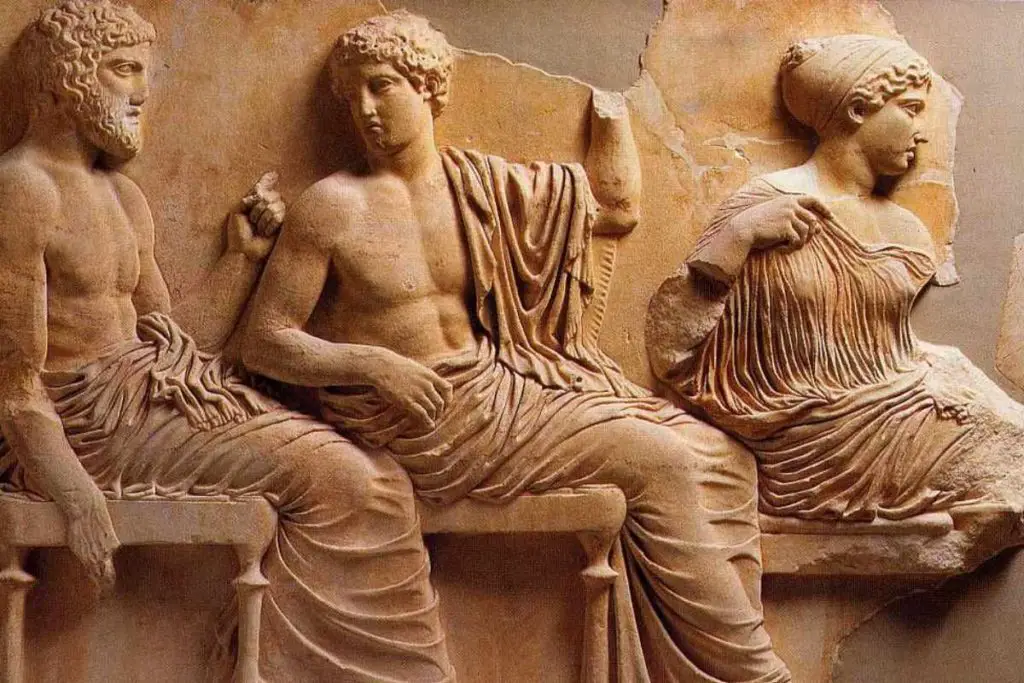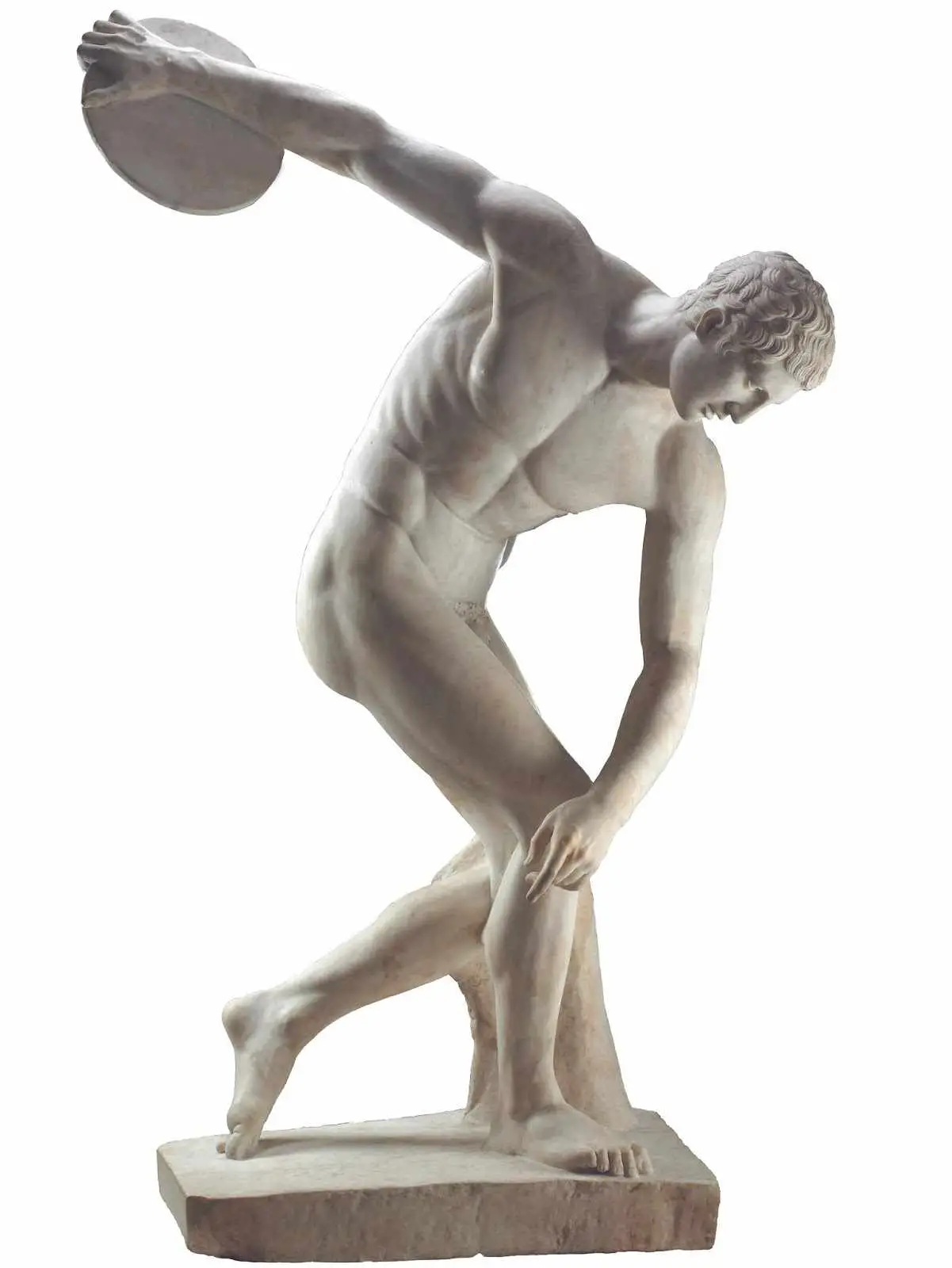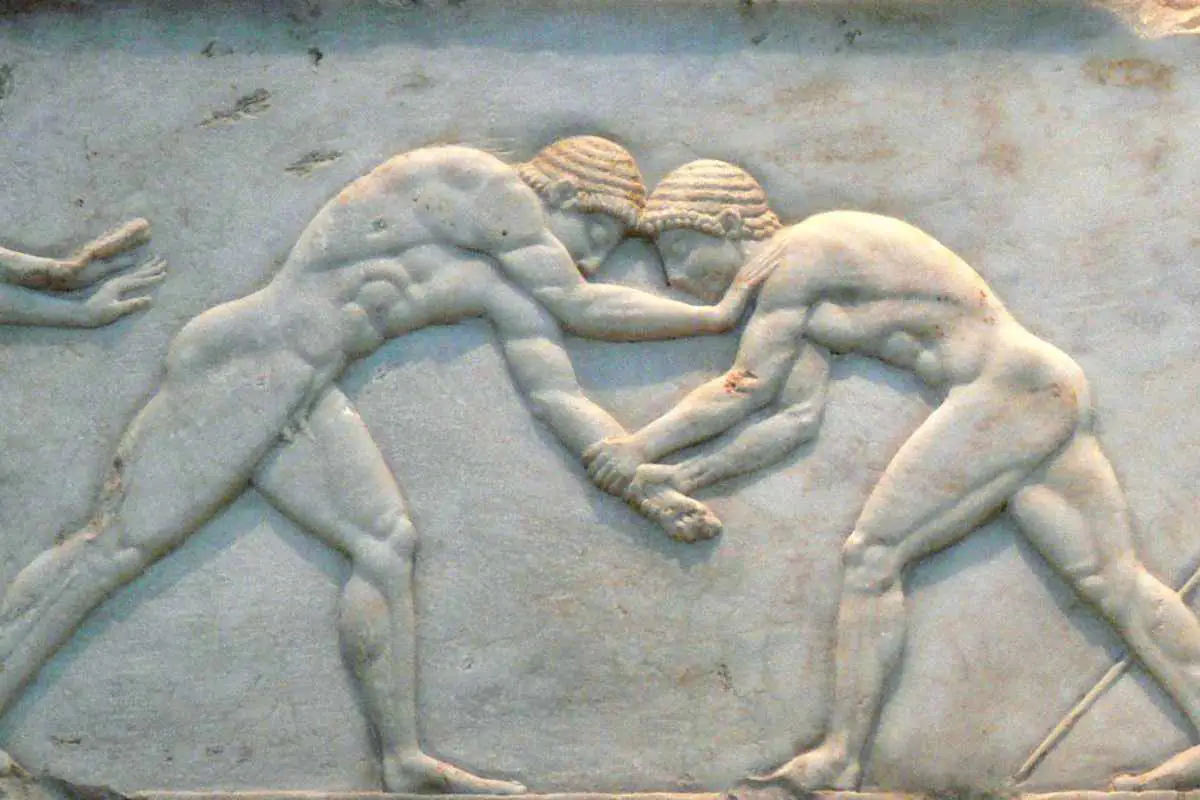Today we are going to talk about one of the most important civilisations for the accidental world. From it we inherited philosophy, art, architecture and even sports, we are talking about the Greek civilisation. The main periods are the classical and the archaic.
Where Was Ancient Greece?
When we speak of Ancient Greece we are not referring to a unified country but to a set of cities that shared language, customs and religion. Many of them were even enemies, as was the case of Athens and Sparta.
Ancient Greece was on the mainland, especially the Peloponnesian Peninsula and the Attica Peninsula, and also islands scattered throughout the Mediterranean Sea. The Greeks also had several colonies in Asia Minor, North Africa and the Iberian Peninsula.
The History of Ancient Greece

Now that you know where the Greeks lived let’s learn about their history. Ancient Greece is the period of Greek history that stretches from the 20th century to the 4th century BC. Its history is divided into four periods:
- Pre-homeric, from the 20th century to the 12th century BC;
- Homeric, 12th to 8th centuries BC;
- Archaic, 8th to 6th centuries BC and;
- Classical Period, which runs from the 5th to the 4th century BC.
In this article we will focus on the classical and archaic periods.
Classical Greek period
In the classical period the Greeks sought to cultivate beauty and virtue, developing the arts of music, painting, architecture, sculpture and more. With this, they believed that citizens would be able to contribute to the common good, thus democracy was launched. The democratic system developed mainly in Athens, where free men had the opportunity to discuss political issues in a public square, called the Agora.
Who could exercise political right in Ancient Greece?
Democracy was the government exercised by the people, unlike empires, which were led by leaders who were considered gods, as was the case in Egypt of the Pharaohs. But Athenian democracy was very different from the one we know today, after all, only free men born in the city of Athens could participate.
Each Polis (Polis was the model of the ancient Greek cities) had its own social organisation and some, like Athens, admitted slavery, by debt or wars. In turn, Sparta had few slaves, but possessed the state serfs who belonged to the Spartan government.
Both towns had a rural oligarchy ruling them. Oligarchy is a form of government controlled by a small number of people. Also in Athens we see the figure of the foreigners called Metecos, who were only citizens if they were born in the city and therefore foreigners could not participate in the political decisions of the polis. Slaves and women were also excluded, even if they were born in Athens.
The Economy of Ancient Greece
The Greek economy was based on agriculture and trade. Crops were devoted to vineyards, olive trees and wheat, to this was added the breeding of small animals. Trade occurred between Greek cities, on the shores of the Mediterranean, and affected all of Greek society.
What was the currency of Ancient Greece?
To carry out commercial exchanges, drachma coins were used. There was both the small trade of the farmer, who brought his harvest to the local market, and the large merchant who owned boats that travelled the entire Mediterranean route. The Greeks manufactured products in leather, metal and fabrics, the latter was carried out by women regardless of their social position.
The Religion of Ancient Greece
The religion of Ancient Greece was polytheistic, that is, several gods were worshipped. There were twelve major gods: Zeus, Hera, Poseidon, Athena, Ares, Demeter, Apollo, Artemis, Hephaestus, Aphrodite, Hermes and Dionysus. In addition to these, there were demigods, nymphs and heroes who were worshipped both at home and publicly.
The stories of the gods served as moral teaching for society, and also to justify acts of war and peace. The gods were believed to interfere in daily life and there was practically one deity for each function. To know the will of the gods in important matters, the Greeks consulted the Oracle of Delphi, where a pythoness would go into a trance in order to make contact with the gods and answer their questions. As the answer was given enigmatically, a priest was in charge of interpreting it for the client.
What was Ancient Greek Culture like?
Greek culture was linked to religion, as literature, music and theatre told the deeds of the heroes and the gods of the Olympus. The plays were popular and every city had its own scenic space, called orchestra, where tragedies and comedies were performed. Music enlivened banquets and accompanied religious acts, the main instruments used were flute, drums and harps, which were used to help poets recite their works.
Sports in Ancient Greece


Likewise sports were part of Greek daily life, so to celebrate the alliance between the different polis, competitions were organised in times of peace. The first one was held in 776 B.C., in the city of Olympia, and that is why it was known as the Olympic Games, or simply Olympiad. At that time only free men who could speak Greek could take part in the competition.
The Greek cities were scattered around the islands of the Mediterranean Sea and on the mainland. Each was organised in its own way and the largest were Athens and Sparta. Athens develop a political system called Democracy, in it, free men gathered in the Agora, a public square to discuss the problems of the city.
In Sparta, however, oligarchic government predominated, which was formed by elements of the army. The economy was based on agriculture, while trade was carried out with neighbouring cities and Greek colonies that could be located in Asia Minor, North Africa and the Iberian Peninsula.
In turn religion was very important for Greek cities, the cult of the gods was present in the daily life of all Greeks, and it was customary to consult the Oracle of Delphi to make important decisions, such as declaring war on neighbouring cities.
And finally, we cannot forget that the Greeks attached great importance to physical fitness, so they gathered every four years to celebrate the Olympics held on Mount Olympus, in honour of the gods who lived there.








